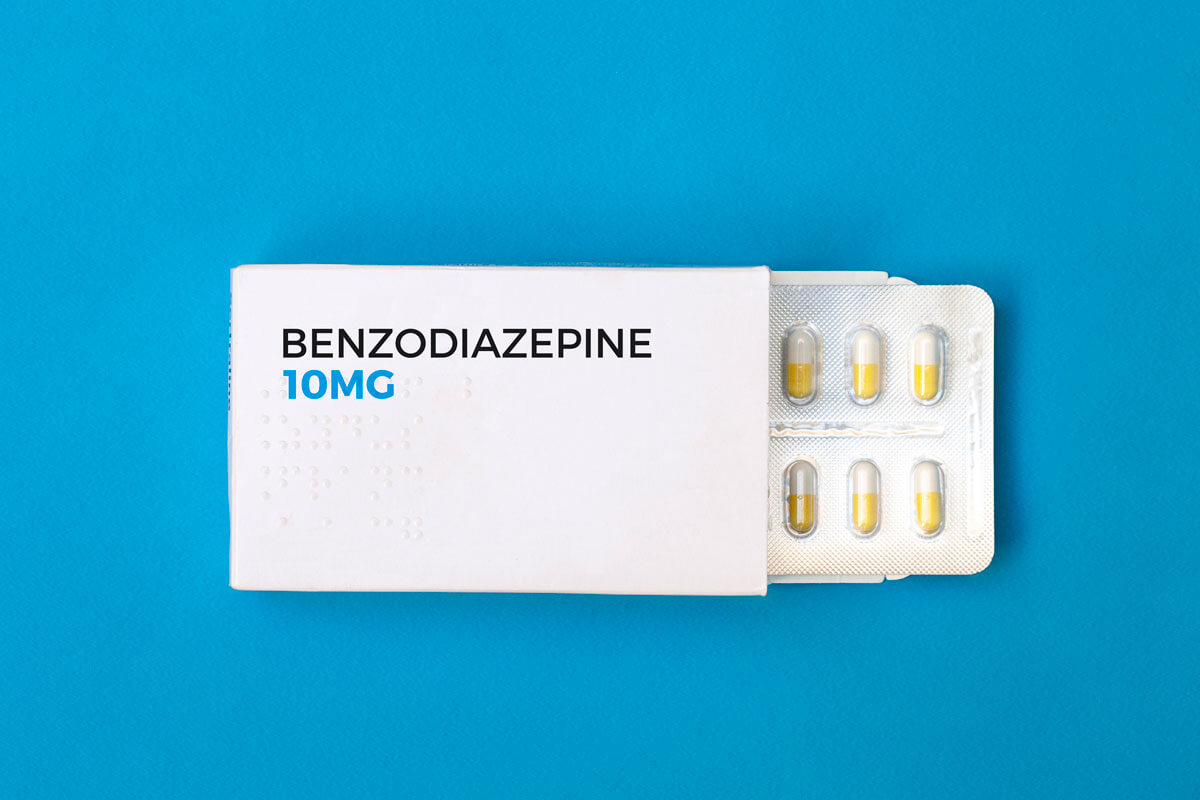
The struggle with benzodiazepine addiction is a profound and isolating experience that impacts every aspect of life—health, relationships, and daily functioning; benzodiazepine addiction treatment is necessary. While the weight of addiction can feel insurmountable, seeking help is a courageous and essential step toward recovery. The devastating effects of benzodiazepine addiction ripple through not only the life of the individual but also those closest to them. Let’s explore the urgent need for help and healing.
The Health Risks of Benzodiazepine Addiction
Benzodiazepine addiction poses severe health risks that cannot be ignored. Overuse of these substances can lead to life-threatening consequences, such as respiratory depression, coma, and even death. The danger increases significantly when benzodiazepines are combined with other substances like alcohol or opioids, creating a lethal cocktail. Seeking professional help can prevent these outcomes and provide individuals with a pathway to safety and stability.
The Challenge of Benzodiazepine Addiction Treatment Withdrawal Symptoms
For many, the fear of withdrawal symptoms becomes a barrier to seeking help. Abruptly stopping benzodiazepine use can result in severe withdrawal symptoms, including seizures, extreme anxiety, and physical discomfort—symptoms that can be life-threatening without proper medical care. Professional detoxification offers a supervised and compassionate environment, ensuring that individuals can transition away from dependence safely and with minimal discomfort. This support is critical for navigating the early stages of recovery.
Physical and Psychological Dependence
The grip of benzodiazepine addiction often extends beyond the physical realm, intertwining deeply with psychological dependence. Over time, individuals may feel incapable of facing daily life without these substances, creating a relentless cycle of compulsive use and withdrawal. The emotional toll of this dependence can erode self-esteem and amplify feelings of hopelessness. Breaking this cycle requires a structured recovery plan, professional guidance, and a belief in one’s capacity to heal.
Impact on Mental Health
Benzodiazepine addiction frequently exacerbates underlying mental health challenges, such as anxiety and depression, and can even lead to new cognitive impairments. The very medication intended to alleviate anxiety may, over time, amplify it, creating a cruel paradox for those struggling. Comprehensive treatment programs address both addiction and co-occurring mental health issues, offering a holistic approach to recovery that heals both mind and body.
The Toll on Relationships
Addiction doesn’t exist in isolation—its effects ripple outward, often straining relationships with family, friends, and colleagues. Loved ones may feel helpless or betrayed, while the individual battling addiction withdraws further into isolation. Miscommunication, mistrust, and conflict become all too common. However, recovery offers the opportunity to rebuild these bonds. Through therapy and open communication, individuals can begin to repair trust and foster healthier, more supportive relationships.
Functional Impairment
The cognitive effects of benzodiazepine addiction can be devastating. Impaired memory, judgment, and overall cognitive functioning make it difficult to meet responsibilities at work, school, or home. This loss of functionality not only affects the individual but also creates stress for those around them who must shoulder additional responsibilities. Treatment can restore these abilities, allowing individuals to reclaim their independence and take back control of their lives.
Legal and Financial Consequences
The misuse of benzodiazepines often leads to legal and financial repercussions. From legal charges and fines to job loss and economic instability, the consequences of addiction can compound, creating further barriers to recovery. Early intervention is key to preventing these issues from escalating. With the right support, individuals can address the root causes of addiction and work toward financial and legal stability.
Seek Benzodiazepine Addiction Treatment Help Today
The journey of recovery is not an easy one, but it is a path worth taking. Benzodiazepine addiction steals far more than physical health; it robs individuals of their relationships, mental well-being, and sense of self. Seeking help is not a sign of weakness but a testament to strength and the desire to reclaim one’s life.
Imagine a future free from the grip of addiction—a future where you wake up each day with clarity, surrounded by loved ones who support and believe in you. Picture yourself rediscovering the passions and dreams that once defined you. Recovery makes this possible. It is a journey of rediscovery, healing, and transformation, and it begins with a single step: asking for help.
Recovery from benzodiazepine addiction requires more than willpower; it demands a network of support and professional care. Detoxification under medical supervision ensures safety during the most vulnerable phases of withdrawal. Therapy and counseling provide tools to address the underlying issues driving addiction and foster resilience. Support groups offer connection and understanding, reminding individuals that they are not alone in their struggle.
The devastating effects of benzodiazepine addiction extend far beyond the individual. They touch every corner of life, from health and relationships to personal independence and stability. Yet, no matter how deep the struggle, recovery is always within reach. By seeking help, you can break free from the chains of addiction and begin building a brighter, healthier future.
If you or someone you love is battling benzodiazepine addiction, take the first step today. Call our offices to reach a trusted professional to help you explore the next steps for your recovery.
Every journey begins with a single step, and this one leads toward hope, healing, and the life you deserve.
